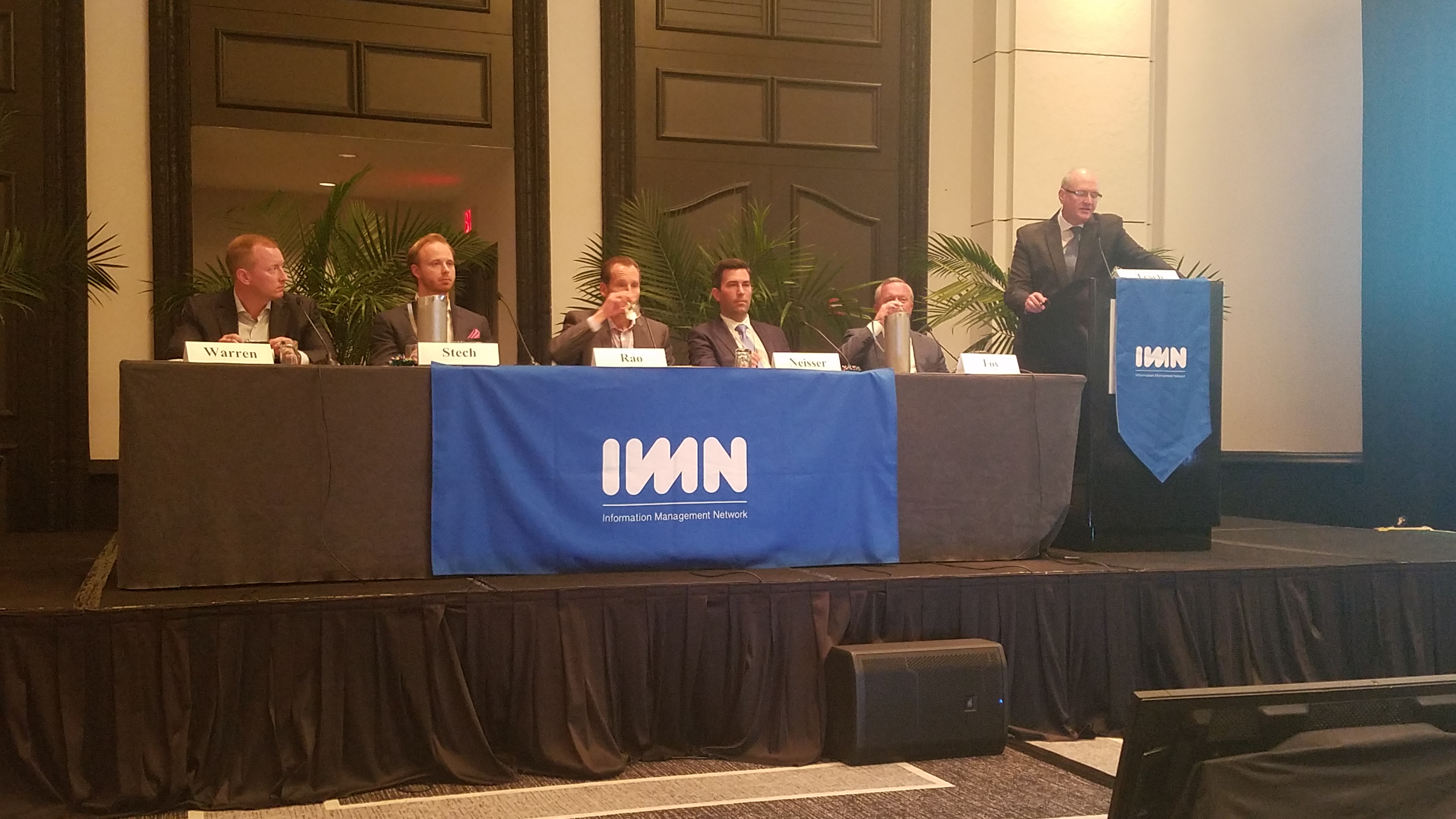Trending
Want to flip a fixer-upper? Head to Broward: panel

As the inventory of distressed South Florida properties continues to decline, the business of flipping single family homes has become more highly competitive, especially in Broward County, according to real estate investment experts attending a three-day conference on the single family home market.
“Lack of inventory, prices are getting bid up and a lot of people have cash,” Kristopher Pilles, founder and CEO of hedge fund Regional Asset Management, told The Real Deal. “It’s a healthier market nationally. A lot of people who lost in the downturn have credit repair and are back buying. You’re getting competition from hedge funds, smaller investors and homeowners.”
Pilles was among dozens of real estate investment professionals attending the first day of the fourth annual Information Management Network Real Estate Investing Conference at the Loews Miami Beach Hotel. “Three years ago, nobody wanted to get into this [business],” Pilles said. “Now, everybody wants in.”
Lorena Diaz, South Carolina-based Lima One Capital’s business development representative for South Florida, said investors are primarily interested in finding single family residences in Broward. “It’s where you see most of the deals,” Diaz said, adding that pricing plays a significant factor. “Miami-Dade is more expensive. In Broward, the prices are more affordable. You can find good deals between $200,000 to $1 million-plus.”
John Warren, Lima One Capital’s founder and CEO who participated in a discussion explaining the nuts-and-bolts to investment house flipping, told panel audience members that the foreclosure market has dried up on a national level. “In Atlanta, you had 24,000 foreclosures a month,” Warren said. “Now it is at 3,000 a month. Our clients are targeting auctions where most of the money is due at closing. That weeds out people who can only put down 3 percent.”
Matthew Neisser, chief operations officer for flip-to-fix bridge loan provider Lending One, who was also on the panel, said Miami is facing a similar situation as Atlanta. “There is less inventory so that creates pricing pressures on the people bidding at auctions,” Neisser said.
For individuals seeking to get financing for a fixer-upper, Neisser and the other panelists said investors need to avoid budget overruns, unnecessary construction, and paying more than market value. “Last week, we had a client who thought he would get $500,000 for a property in a $450,000 neighborhood by making upgrades,” Neisser said. “He wanted to spend $20,000 putting in a high-end bathroom. We told him we won’t finance it unless he cut 20 percent from the project’s budget.”
Obviously, the client took out the high-end bathroom, Neisser said.
Ideally, investors should be looking to purchase properties at a good discount, said Joshua Stech, founding partner for Lending Home. “Our average loan is for properties being bought at a 12 percent discount from the market value,” Stech said. “There are situations where you see buyers pay above market, but those are very rare cases.”




